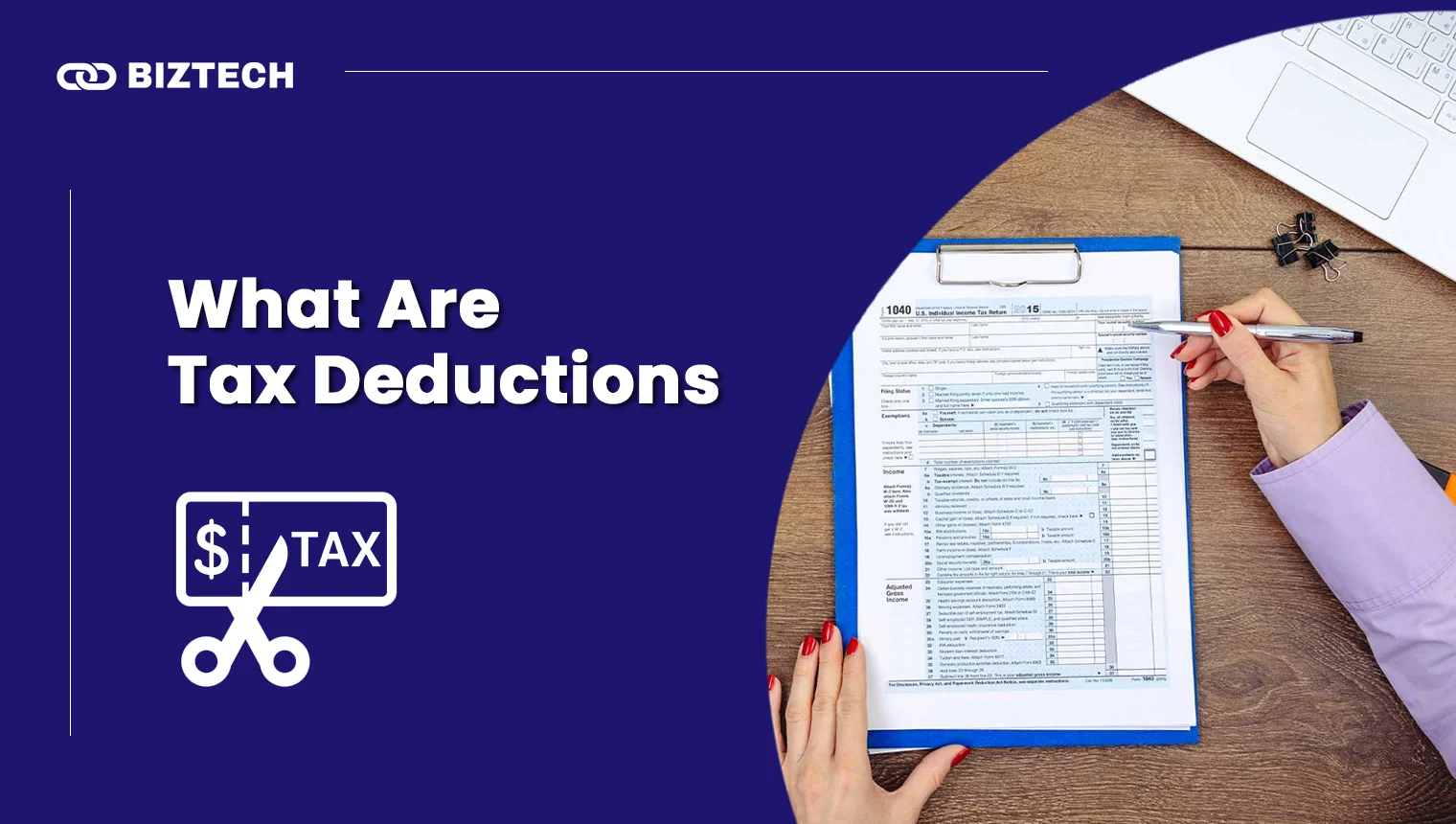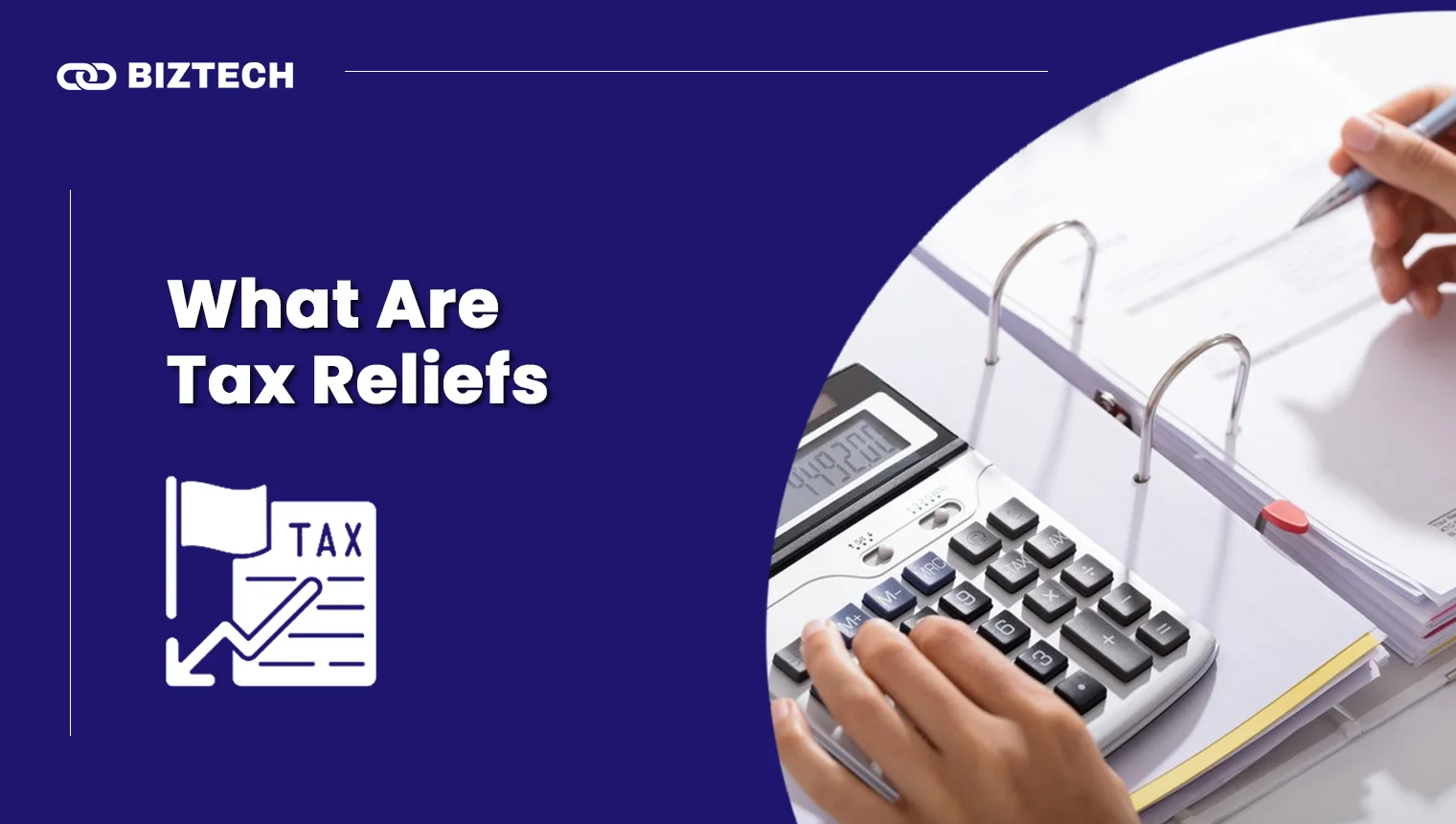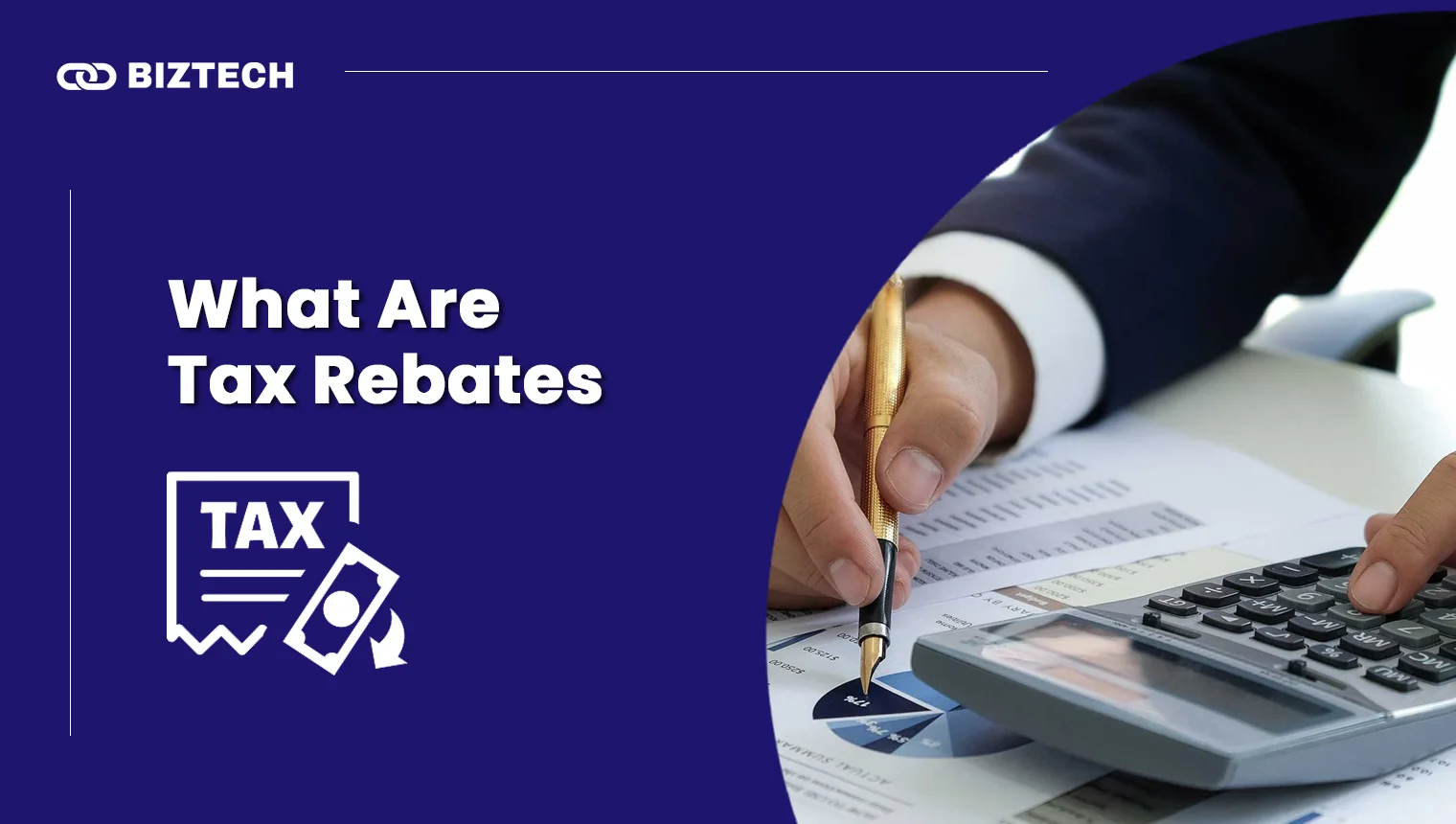Are you feeling the pinch of rising living costs and wondering how to reduce income tax in Singapore?
With the recent hike in GST from 8% to 9% as of January 2024, I’m sure many of us are eager to find ways to save more. One way is to take advantage of income tax relief, which caps at S$80,000.
Singapore has a progressive taxation system, meaning that tax obligations and incomes rise. Your taxable earnings include bonuses and rental income if you’re a landlord, but not CPF contributions.
It is also worth noting that Singapore has increased taxes for higher earners to 23% to 24% by YA2024.
Want to know how to reduce income tax in Singapore? Keep reading!
What Are Tax Deductions?

So, when I talk about a tax deduction, I am talking about an expense on how to reduce income tax in Singapore.
It is taken out from your gross income to determine your taxable income. People often call this deduction a tax write-off.
1. Charitable Contributions
You may yield a 250% deduction on any qualifying donations to Community Chest or approved institutions of a public character.
If you are keen to find out the various forms of donations offer opportunities for tax deductions, here is a detailed explanation:
| Tax-Deductible Donations | Description |
| Cash Donations |
|
| Shares Donations |
|
| Artefact Donations |
|
| Public Art Tax Incentive Scheme (PATIS) |
|
| Land and Building Donations |
|
| Naming Donations |
|
2. Mortgage Deduction
Interest expenses on mortgages are deductible if incurred solely for generating taxable income. Deductions apply only to properties generating income under Rental Relief Framework.
Tax Deduction on Rental Income
As part of the framework, landlords of eligible non-residential properties would have received a non-taxable cash grant.
Landlords must then extend rental relief to eligible tenants through various methods:
- Providing monetary payments to the tenants
- Reducing the rent or license fee for the tenant
- Passing on the Property Tax Rebate to the tenants, either fully or partially
To learn more, you can read more about the Rental Relief Framework on IRAS.
Tax Deduction on Rental Expenses
When it comes to rental expenses, costs exclusively related to generating rental income during the tenancy period are eligible for tax deduction. You can definitely leverage on how to reduce income tax in Singapore through this.
| Allowable Expenses | Non-Allowable Expenses |
| Housing Loans |
|
| Property Tax |
|
| Fire Insurance |
|
| Repairs |
|
| Maintenance |
|
| Costs of Securing Tenant |
|
| Supervision/Management |
|
| Furniture and Fittings |
|
| Internet Charges/Expenses |
|
| Utility Expenses |
|
| Expenses for Non-Generating Properties |
|
3. Medical Expenses
No deductions are permitted for medical or personal household expenses.
4. Spouses
Qualifying deductions, such as excess capital allowances or donations, cannot be transferred between spouses.
What Are Tax Reliefs?

Just a heads up – if you’re a Singapore Tax Resident and you meet the qualifying conditions for certain personal reliefs, you’re in luck.
You might be eligible to snag some tax breaks.
Here are some tax relief schemes that the Singapore government has offered, which will be discussed in detail below:
- CPF Relief for Employees/Self-Employed
- Donate to Charity
- Working Mother’s Child Relief
- Grandparent Caregiver Relief
- Foreign Domestic Worker Levy Relief
- NSman Relief – Self, Spouse, Parent
- Parent/Handicapped Parent Relief
Other eligible reliefs:
- Life Insurance Relief
- Course Fees Relief
- SRS Relief
What Are Tax Rebates?

So, if you’re wondering whether you qualify for a tax rebate as a resident in Singapore for a specific Year of Assessment, here’s the scoop:
You will be classified as a tax resident if you fall into one of these categories:
- You are a Singapore Citizen living in Singapore, except for short trips away.
- You are a Singapore Permanent Resident who’s set up a permanent home in Singapore.
- You are a foreigner who’s spent 183 days or more working or living in Singapore in the previous year (excluding company directors).
Now, let’s talk numbers. Here’s a breakdown of the tax rebate amounts for different Years of Assessment:
| Year of Assessment | Amount of Tax Rebate |
| 2019 | 50% of tax payable, up to $200 |
| 2017 | 20% of tax payable, up to $500 |
The rebate is calculated based on:
- The tax you owe after considering double taxation relief and other credits.
- Your tax liability before applying the Parenthood Tax Rebate.
10 Legal Ways to Maximise Your Tax Saving and Reduce Your Income Tax in Singapore (2024)
1. Top Up CPF and Retirement Funds
When you decide to make voluntary cash contributions to your CPF account or those of your loved ones, you can claim tax reliefs on these contributions.
The maximum CPF Cash Top-up Relief per Year of Assessment has been increased to S$16,000 (with a maximum of S$8,000 for yourself and another S$8,000 for family members).
This opportunity extends to various accounts, including:
- Your Special Account (SA)
- Your parents’ or grandparents’ SA and Retirement Accounts (RA)
- Your and your family members’ MediSave Account (MA)*
- Your Supplementary Retirement Scheme (SRS)
*It’s important to note that starting from YA2023, you can also contribute to family members’ MA, but self-employed individuals with outstanding MediSave liabilities are not eligible for this option.
For your SRS account, which is accessible only after retirement, the maximum contribution limit is S$15,300 for Singaporeans and S$37,500 for foreigners.
Additionally, the maximum deductible amounts from your chargeable income for CPF top-ups to your SA and your parents’ or grandparents’ CPF SA/RA are S$8,000, respectively.
Check out more information and eligibility criteria here.
2. Donate To Charity
When you contribute to any charity recognised as an approved Institution of a Public Character (IPC), you’re entitled to a generous 250% tax deduction based on your donation amount.
Typically, this deduction is automatically computed and applied on your tax assessment, granted that your donation was directed to a registered IPC.
Essentially, your donation sum is subtracted from your statutory income to adjust your assessable income. From there, you can then utilise or claim your tax reliefs to determine your final chargeable income and tax obligation.
The following types of donations are eligible for tax deduction:
| Donation Types | Tax Deduction Benefits |
| Cash donations without benefits | Only direct cash contributions that do not confer any material benefit to the donor are fully tax-deductible. For donations involving benefits, the deduction is granted on the difference between the donation amount and the value of the benefit. |
| Land and building donations | The approved IPC must arrange for a market value assessment of the donated property by a qualified property valuer, followed by an application to IRAS for validation of the market value. |
| Shares donations | Restricted to publicly traded shares listed on the Singapore Exchange or units in unit trusts traded in Singapore, directed to approved IPCs. |
3. Contribute to Supplementary Retirement Scheme (SRS) Account
One of the ways how to reduce income tax in Singapore is to establish an SRS account with any of the three local banks and deposit cash into it, enabling you to enjoy tax reliefs of up to S$15,300 (S$35,700 for foreigners).
However, bear in mind that deposits in your SRS account only yield a nominal interest rate of 0.05% p.a., prompting consideration for alternative investment avenues.
For a simpler, hands-off approach to investing your SRS funds, consider Exchange-Traded Funds (ETFs) instead.
4. Course Fees Relief
You can also consider Course Fees Relief scheme, which is another way on how to reduce income tax in Singapore.
Now, you have the opportunity to reclaim the actual expenses incurred for courses, seminars, or conferences, with a maximum cap of S$5,500 annually and NO LIMIT on the number of eligible educational pursuits.
These endeavours should directly pertain to your profession or be undertaken to facilitate a career transition. It’s important to note that reimbursement can only be sought once you’ve commenced your new role.
Please be aware that courses geared towards leisure or general skills enhancement, such as baking, social media, or basic website building, are not eligible for reimbursement.
Similarly, expenses covered by SkillsFuture credits or employer-sponsored courses are not applicable for claims.
5. Working Mother’s Child Relief (WMCR)
In an effort to promote the retention of married women in the workforce post-childbirth, the Singapore government has introduced the WMCR as an incentive.
Here is how the WMCR amount is calculated for Singaporean children born or adopted before 1Jan2024:
| Child order | WMCR Amount |
| First child | 15% of mother’s earned amount |
| Second child | 20% of mother’s earned amount |
| Third child and beyond | 25% of mother’s earned amount |
If your child was born before January 1, 2024, you are eligible for the aforementioned WMCR benefits capped at S$80,000 in tax reliefs.
Here is an example if you are a working mother with three young children with an annual income of $200,000.
- 15% x $200,000 = $30,000
- 20% x $200,000 = $40,000
- 25% x $200,000 = $50,000
- Total = $120,000 but capped at $80,000 in personal tax reliefs
Note: if you are currently pregnant and your child is due after January 1, 2024, there is a policy change regarding WMCR. Mothers who give birth after this date will have their reliefs fixed at a specific dollar amount rather than a percentage of their income.
6. Grandparent Caregiver Relief
Another way on how to reduce income tax in Singapore is through your loved ones.
Working parents who enlist the assistance of their parents, parents-in-law, grandparents, or grandparents-in-law to care for their children during working hours are eligible to claim under this category.
This is contingent upon the caregiver being retired or having an annual income below $4,000.
If your child is under the care of multiple caregivers, you may only claim a maximum of $3,000 for expenses related to one caregiver under the Grandparent Caregiver Relief (GCR) scheme.
Here are the qualifying conditions, according to IRAS:
- You must be a working mother who is married, divorced, or widowed.
The caregiver, whether your parent, grandparent, parent-in-law, or grandparent-in-law (including those of an ex-spouse), must have:
Resided in Singapore in 2021;
Provided care for your child who is a Singapore citizen and aged 12 or below in 2021 or for unmarried handicapped children who are Singapore citizens in 2021;
Not engaged in any employment, trade, business, profession, or vocation in 2021.
Note: Foreign dependents are considered to have lived in Singapore if they spent at least eight months in the country in 2021, with temporary absences such as short overseas vacations permissible.
No other individual has claimed GCR for the same caregiver. However, the caregiver may be the subject of relief claims other than GCR, such as Parent Relief or Spouse Relief.
7. Foreign Domestic Worker Levy (FDWL) Relief
Have you ever wondered how to reduce income tax in Singapore by hiring foreign domestic workers at your house?
You can claim double the total foreign domestic worker levy paid in the previous year for one foreign domestic worker, regardless of whether you or your spouse paid the levy.
If you employ more than one domestic helper, refer here for details on the relief amount you can claim.
Here’s a summary of the qualifying conditions outlined by IRAS:
- You or your spouse employed a foreign domestic worker in 2022; and
- In 2022, you were:
- Married and resided with your spouse; or
- Married, and your spouse was not a tax resident in Singapore; or
- Separated from your spouse, divorced, or widowed, and had dependent children living with you, for whom you could claim child reliefs.
- FDWL Relief can only be used to offset your earned income. Earned income encompasses income from employment, pension, trade, business, profession, or vocation, after deducting allowable expenses.
8. Life Insurance Relief
Life Insurance Relief is another way on how to reduce income tax in Singapore. It is provided to individuals who have paid annual insurance premiums on their own life insurance policies. It’s worth noting, especially if you are self-employed, this relief may apply to you.
To be eligible for Life Insurance Relief for the Year of Assessment (YA) 2023, you must meet the following conditions:
- Your total CPF contributions for the year preceding the YA were less than $5,000, including:
- Compulsory employee’s CPF contribution; and
- Compulsory Medisave/voluntary CPF contribution as a self-employed individual.
- You have paid insurance premiums on your own life insurance policy.
- For married men, if you have also paid for your wife’s life insurance policy, you may claim the insurance premiums paid for her policy as well.
However, there are some insurance policies/riders that do not qualify for this relief:
- Critical illness policy
- Hospitalisation policy
- Endowment policy
- Health insurance policies such as MediShield, Integrated Shield Plans, etc.
- Disability insurance policies such as ElderShield, CareShield Life, etc.
- Riders under life insurance policy (e.g., total and permanent disability riders, critical illness riders, premium waiver riders, etc.)
- Accident insurance policy
9. NSman Relief – Self, Spouse, Parent
Yes, you read it correctly! This is another way on how to reduce income tax in Singapore while serving two years in national service in Singapore!
The government aims to express gratitude for your dedication to donning your army fatigues and serving the nation through the NSman Relief.
| Criteria | Relief Amount | |
| Yourself |
| If you did not perform NS activities in the preceding year:
If you performed NS activities in the preceding year:
|
| Your spouse |
| S$750 |
| Your parent |
| If you and your son are both NSmen, you will be eligible for either the NSman Self Relief or the NSman Parent Relief, whichever is higher. **The amount of relief for each parent is $750 regardless of the number of children who are NSmen. |
10. Parent Relief / Handicapped Parent Relief
To foster filial piety and acknowledge those who provide support to their parents, grandparents, parents-in-law, or grandparents-in-law in Singapore, the government provides tax reliefs within this category.
According to IRAS, the eligibility criteria include:
- The elderly dependent must either reside in your household or you must have spent S$2,000 or more supporting the elderly dependent living separately.
- The dependent must be either 55 years of age or older, or must be physically or mentally disabled.
- For Parent Relief, the parent or parents-in-law must not have earned an annual income exceeding S$4,000.
Here is how much you can make a claim:
| Type of Parent Relief | Parent Relief | Handicapped Parent Relief |
| Taxpayer stays with dependent | S$9,000 per dependant | S$14,000 per dependant |
| Taxpayer does not stay with dependent | S$5,500 per dependant | S$10,000 per dependant |
Now, you can learn how to reduce income tax in Singapore while fulfilling filial duties!
Save Your Income Tax in Singapore Strategically
In summary, knowing these ten legal ways gives you some ideas on reducing income tax in Singapore.
By adeptly applying these methods, you can not only minimise tax obligations but also maintain compliance with regulations.
By employing these strategies, you can effectively manage your finances and explore avenues for reducing income tax in Singapore, thus enhancing your savings and financial stability.
